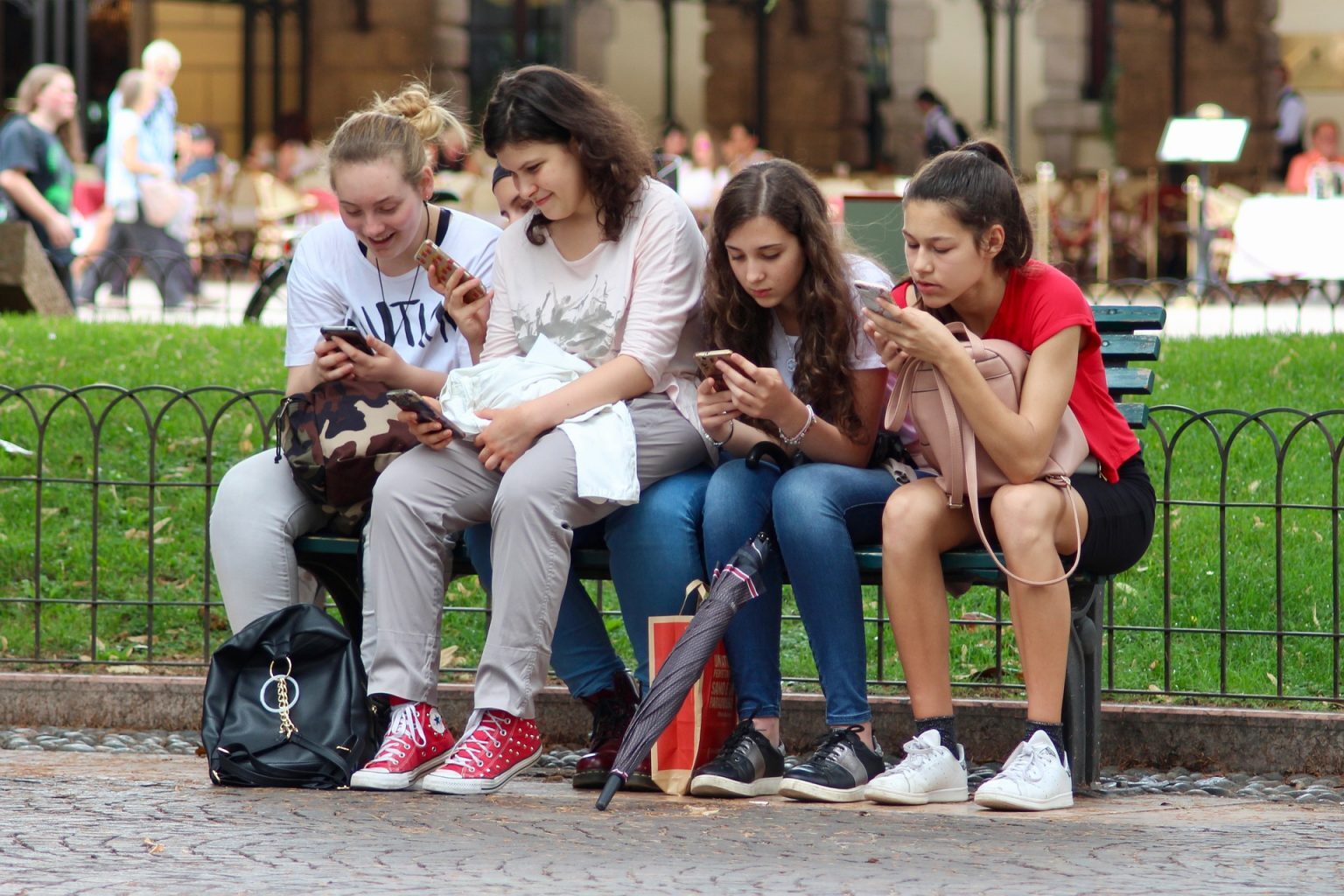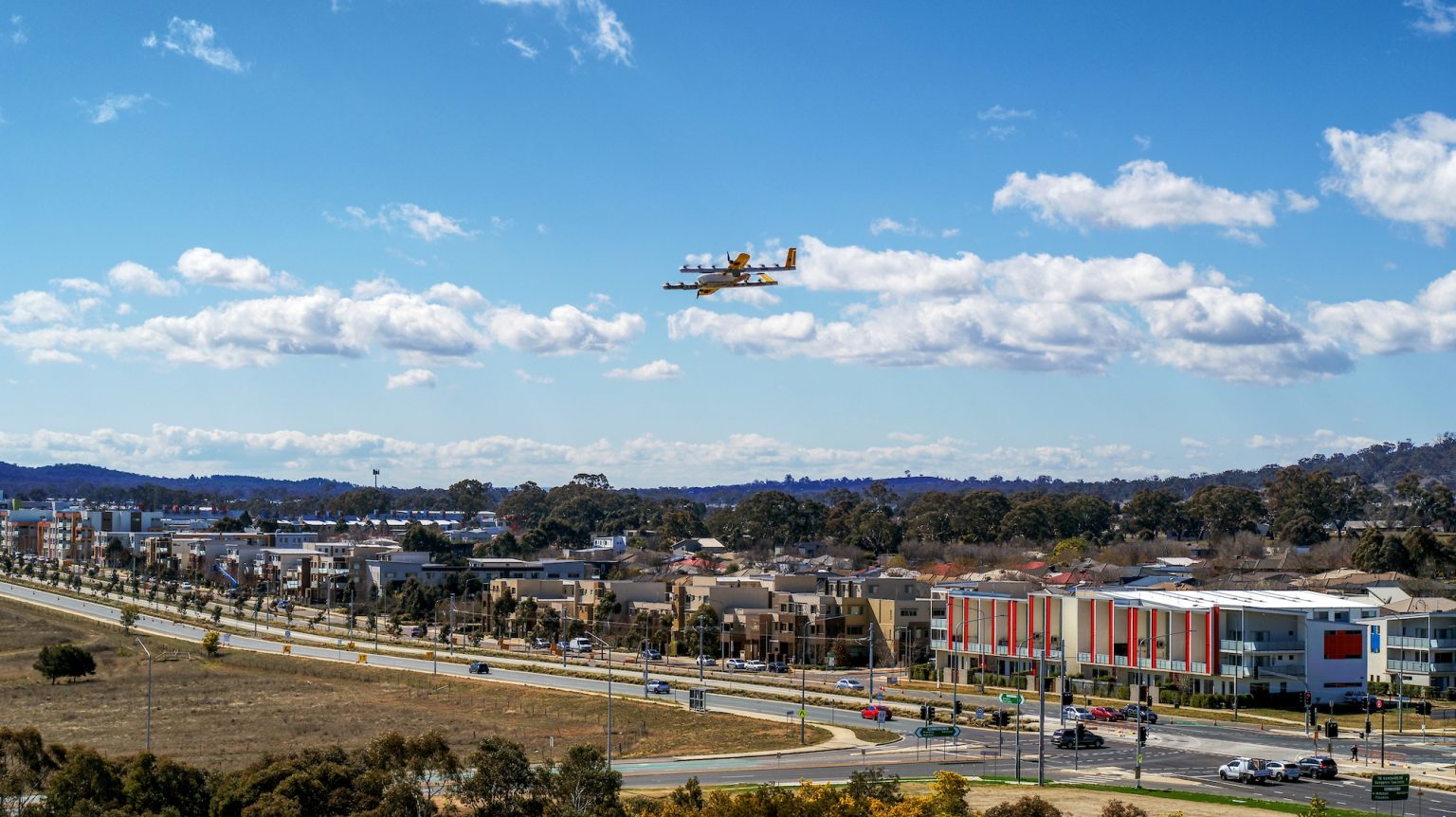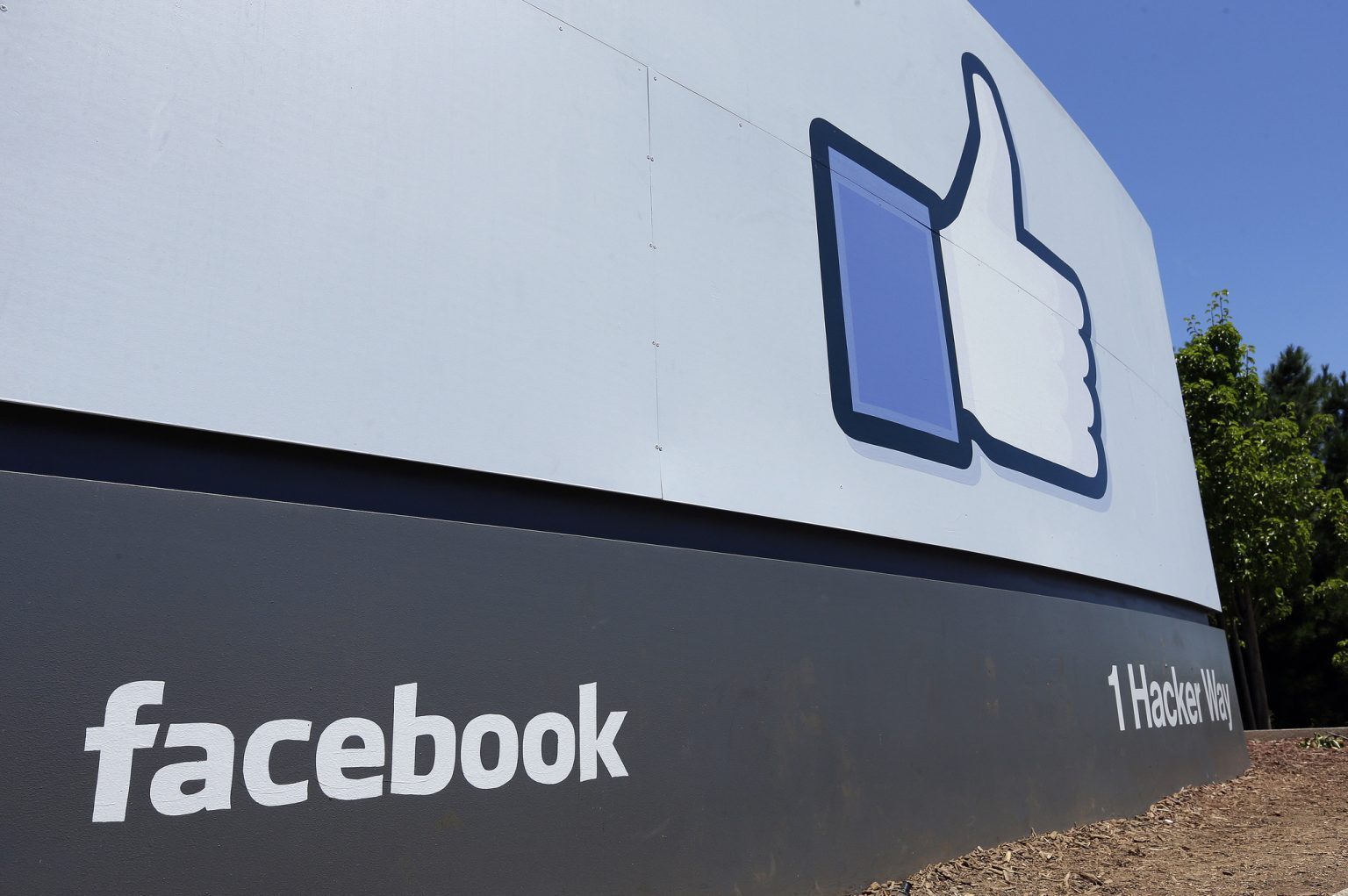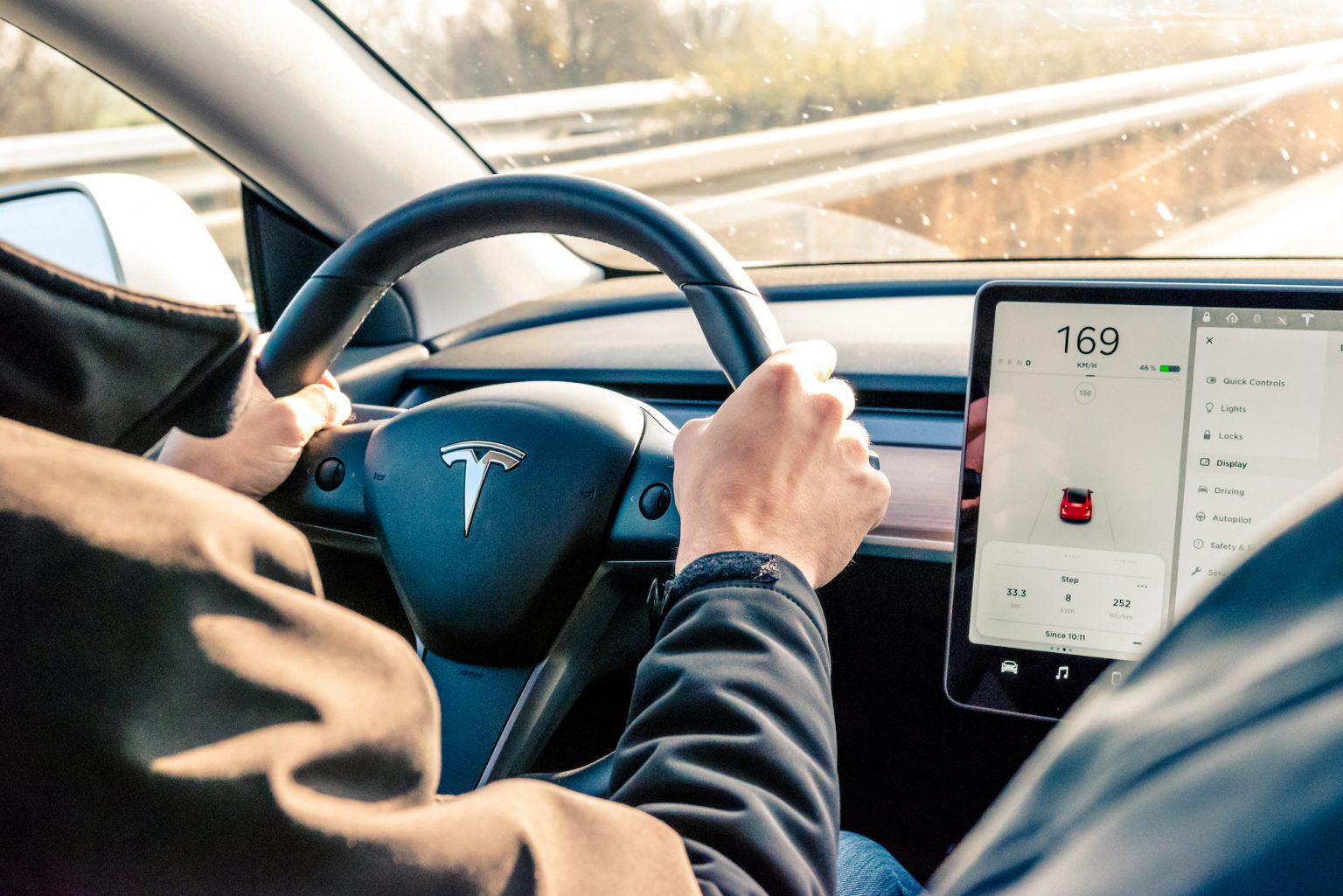A major new report on the state of artificial intelligence (AI) has just been released. Think of it as the AI equivalent of an Intergovernmental Panel on Climate Change report, in that it identifies where AI is at today, and the promise and perils in view. From language generation and molecular medicine to disinformation and algorithmic bias, AI has begun to permeate every aspect of our lives. The report argues that we are at an inflection point where researchers and governments must think and act carefully to contain the risks AI presents and make the most of its benefits. A century-long…
Author: The Conversation
Right at the time social media became popular, teen mental health began to falter. Between 2010 and 2019, rates of depression and loneliness doubled in the U.S. and globally, suicide rates soared for teens in the U.S. and emergency room admissions for self-harm tripled among U.S. 10- to 14-year-old girls. Social scientists like myself have been warning for years that the ubiquity of social media might be at the root of the growing mental health crisis for teens. Yet when Facebook CEO Mark Zuckerberg was asked during a congressional hearing in March to acknowledge the connection between social media and these troubling mental health trends, he replied, “I don’t think that the research…
Drone delivery company Wing recently celebrated 100,000 deliveries with an unusual burst of media fanfare. Australia is at the forefront of Wing’s plans, with the company’s two biggest trial sites running in Canberra and Logan in Queensland. Wing tells a simple story of barista coffee and roast chooks dropped on your driveway at a moment’s notice. Short on Vegemite for the kids’ brekky? Hop on the app, order, and a drone will lower a new jar to your doorstep before the toast is cool. All quick, contactless, and COVID-safe. https://www.youtube.com/watch?v=4xrCuPACmq8&feature=emb_logo But the real story is much more complex. Drone delivery at scale will transform the skies,…
When Facebook was down for most of the day on Oct. 4, 2021, did you miss it, were you relieved or some of both? Social scientists have compiled an expansive body of research that shows how people have come to develop a love-hate relationship with the social media giant with nearly 3 billion users. Many users have felt their relationship with the platform devolve into a messy codependence, mired by ambiguity and mistrust. For others, reliance on the platform is taken for granted, if occasionally appreciated in moments of pandemic isolation. And then there are the revelations that the company has been lying about applying its rules…
Yesterday a colossal data leak from live streaming platform Twitch.tv was posted on controversial internet forum 4chan by an anonymous user. Twitch hosts millions of users who stream their daily activities to a combined audience of tens of millions of people. The platform is used primarily to stream computer game-related content, although users can broadcast almost anything — from podcasts, to costume design, to music rehearsals and beach trips. Although the full impact of the leak remains unclear, it appears to include the earnings of at least the top few thousand streamers, information about new software Twitch was designing, passwords and security data for streamers…
Suddenly and inexplicably, Facebook, Instagram, WhatsApp, Messenger and Oculus services were gone. And it was no local disturbance. In a blog post, Downdetector.com, a major monitoring service for online outages, called it the largest global outage it had ever recorded — with 10.6 million reports from around the world. The outage had an especially massive knock-on effect on individuals and businesses around the world that rely on Whatsapp to communicate with friends, family, colleagues and customers. It took Facebook nearly six hours to get services back online, albeit slowly at first. Ironically, the outage was so pervasive Facebook had to resort to using Twitter, its rival platform,…
On September 17, the first day of Russia’s parliamentary elections, Apple and Google agreed to demands from the Russian government to remove a strategic voting app developed by opposition leader Alexei Navalny from the iOS and Android app stores. Apple then disabled its Private Relay feature (which enhances web browsing privacy) for users in Russia. Google also removed YouTube videos giving advice on how to vote strategically in the elections. In the past, large tech companies have generally ignored censorship requests from the Russian government. So why did the US tech giants finally cave in to pressure? The answer provides a glimpse into how…
Adaptive cruise control, lane change assistance, collision avoidance, blind spot monitoring, autopilots: These are just a few of the driver-assist features that are arriving in new cars. As technology races ahead with the aim of making driving safer, drivers are left with the daunting task of figuring out how it all works. Many dealerships offer car buyers a brief orientation to these advanced driver-assist technologies. The glovebox manual, now thicker than ever, provides many of the technical details. But as car technology continues to advance, scientists are making important discoveries about the human side of the equation, particularly what happens when drivers are asked to perform…
Apple’s plan to roll out tools to limit the spread of child sexual abuse material has drawn praise from some privacy and security experts as well as by child protection advocacy groups. There has also been an outcry about invasions of privacy. These concerns have obscured another even more troublesome problem that has received very little attention: Apple’s new feature uses design elements shown by research to backfire. One of these new features adds a parental control option to Messages that blocks the viewing of sexually explicit pictures. The expectation is that parental surveillance of the child’s behavior will decrease the…
Social media influencers – people famous primarily for posting content online – are often accused of presenting artificial versions of their lives. But one group in particular is blurring the line between real and fake. Created by tech-savvy teams using computer-generated imagery, CGI or virtual influencers look and act like real people, but are in fact merely digital images with a curated online presence. Virtual influencers like Miquela Sousa (known as Lil Miquela) have become increasingly attractive to brands. They can be altered to look, act, and speak however brands desire, and don’t have to physically travel to photo shoots – a particular draw during the pandemic.…










